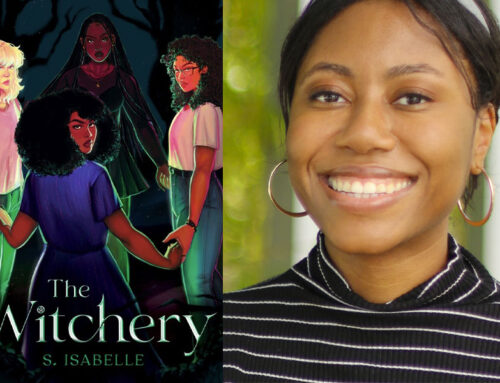
Poems are like paintings with words. If your pen is the brush then your words are the colorful paints.
5 Tips On Writing Your First Poetry
Written by: Christine B.
October 20, 2020
Ever wondered how to write a poem?
Poetry can be a great medium to express your feelings or capture an idea. Even if you’re not looking to publish your final product, shaping a stanza from start to finish can teach you to have fun with language in totally new ways.
Here are 5 tips to get you started:
Free write
Before you even begin writing your poem, take a moment to brainstorm your starting point. The best way to do this is by setting a timer, 10 minutes is our suggestion, and write down anything that comes to mind. You can write in fragments, bullet points, paragraphs, or even ketch out a mind map. The purpose of this exercise is to generate raw material that you can draw upon when writing your poem. Don’t censor yourself.
Choose your poem’s form and style
Limerick, sonnet, haiku- the choice is yours. Do you want to write free verse, or try following a rhyme pattern? Deciding on a structure before writing can help you build a strong foundation for your poem. When writing your first poem, it’s always better to start small. Try a haiku before committing to a long epic.
Read for inspiration
If you want to write good poetry, you have to read good poetry. Writing poetry isn’t as research-intensive as writing a historical non-fiction work, but being aware of what works and what doesn’t work is always a good place to start. You can opt for casual readings, letting the poet’s words wash over you, or you can take a more analytical approach and dissect the exact meter and rhetoric of your favorite works. Emily Dickinson, Robert Frost, and William Shakespeare are all great references for a budding poet.
Read your poem aloud
Taking time to read your poem out loud is a great way to catch areas that don’t flow the way you want them too. It’s a great way to try out every line against your ear so you can weigh out your word choice, but reading aloud also tests your line breaks. Do you have to rush through a long line or pause in the middle for a hurried breath? This could be a stylistic choice to destabilize your reader, or it could throw off the flow of your poem. Test your lines individually, then all together as a complete text for a thorough evaluation.
Use imagery
Poems are like paintings with words. If your pen is the brush then your words are the colorful paints. The best poets use imagery to breathe life into their words. Imagery is a literary device using tangible descriptions to appeal to one of the five senses. The more imagery in your poem, the more your reader will connect with it. To achieve this, focus on the details. Instead of describing the obvious, or using cliches, really put yourself in the moment of your poem to draw out those impactful details.








